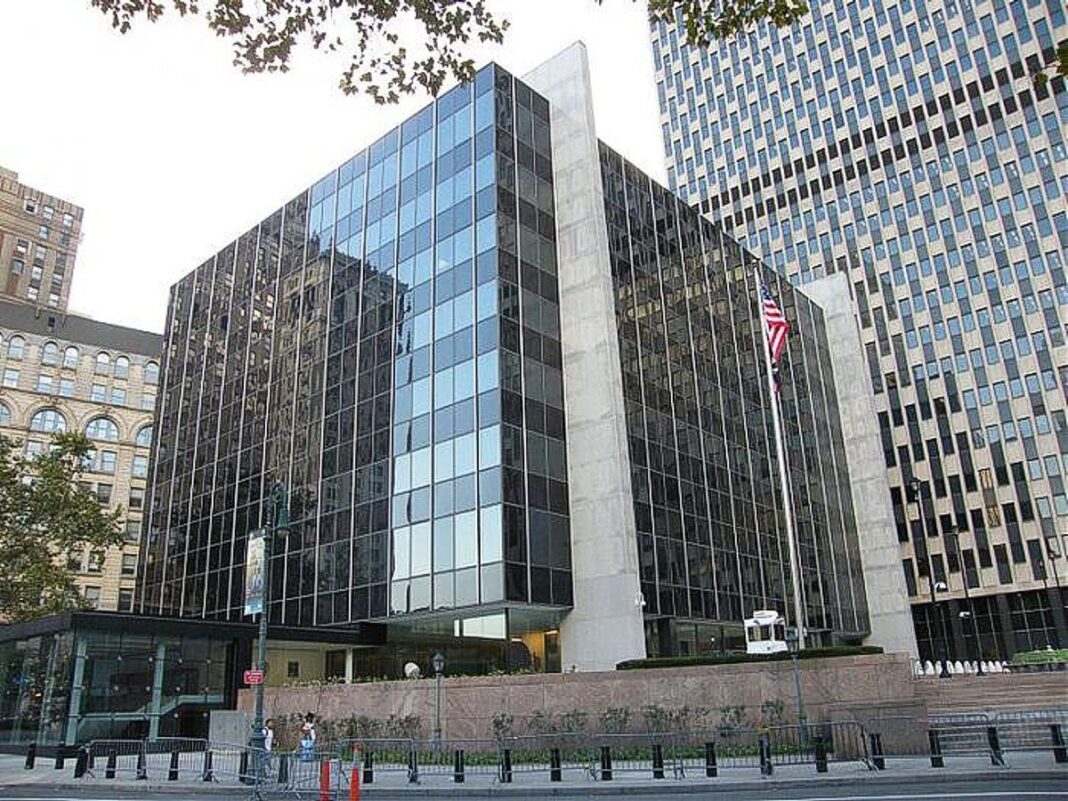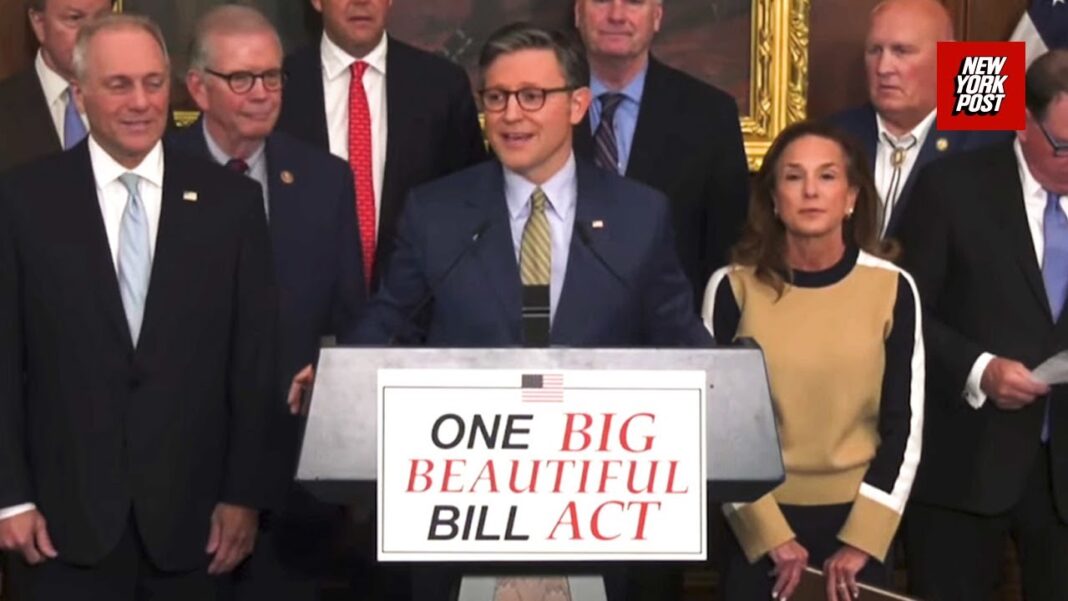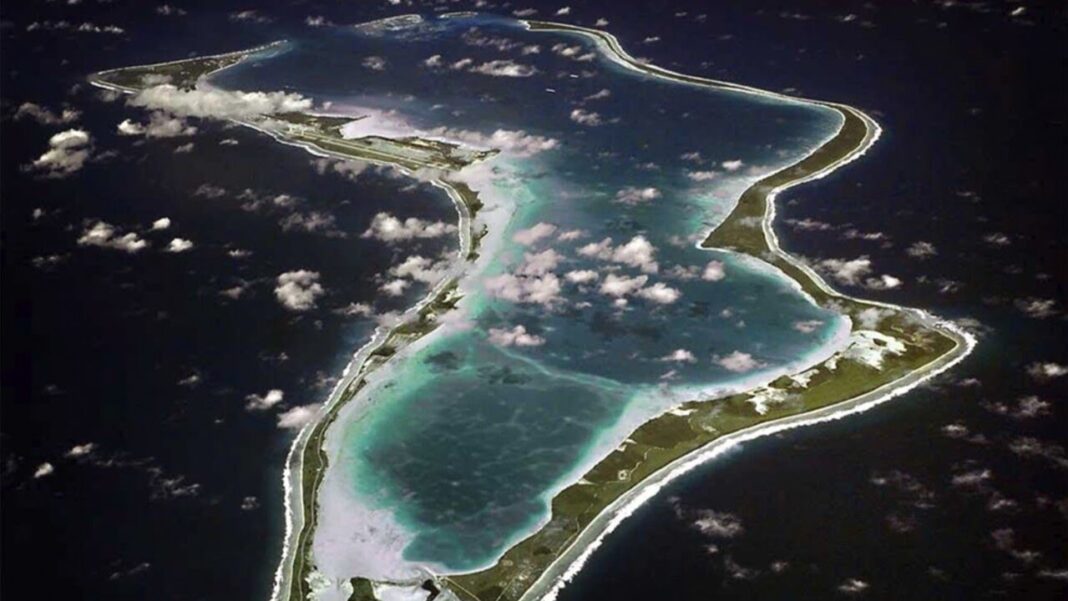A lawyer for the Department of Justice said the International Emergency Economic Powers Act empowers the president to negotiate trade deals.
A group of 12 states asked a federal court on Wednesday to put President Donald Trump’s sweeping tariffs on imports on hold, arguing he overstepped his authority by declaring a national emergency to impose levies on the majority of U.S. trading partners.
A three-judge panel of the New York-based Court of International Trade heard arguments in the lawsuit filed by the Democratic attorneys general of New York, Illinois, Oregon, and nine other states in April.
The suit argues Trump’s tariff policies “reflect a national trade policy that now hinges on the President’s whims rather than the sound exercise of his lawful authority.”
During Wednesday’s hearing, the states said Trump has misinterpreted a law called the International Emergency Economic Powers Act (IEEPA), which provides executive authority to regulate various economic transactions following a declaration of national emergency, to justify the tariffs.
Trump has claimed the IEEPA allows him to “set tariffs of any amount, on any country, for any length of time, and no court can review it,” Brian Marshall, an attorney for the state of Oregon, told the court.
Marshall said Trump’s assertion was incorrect, noting the law is meant to address “unusual and extraordinary” threats to the United States and requires presidential actions to be closely tied to a specific situation the executive branch seeks to resolve.
The attorney added that a president may not use tariffs or other actions “only for leverage” under the IEEPA.
Brett Shumate, a lawyer for the Department of Justice, countered that leverage is a valid reason to impose tariffs under IEEPA. He said the act empowers the president to negotiate trade deals and other foreign policy goals.
“The purpose of these tariffs is to create pressure,” Shumate said. “The tariffs are right now giving the president the leverage that he needs.”
Shumate further argued that only Congress, not U.S. states or the courts, has the authority to review a president’s actions taken in response to an IEEPA emergency.
Though the IEEPA does not specifically use the word “tariff,” it is included under its authority to “investigate, regulate, or prohibit” transactions, he said.
The court did not immediately rule on the legality of Trump’s tariffs. A decision is expected in the coming weeks.








